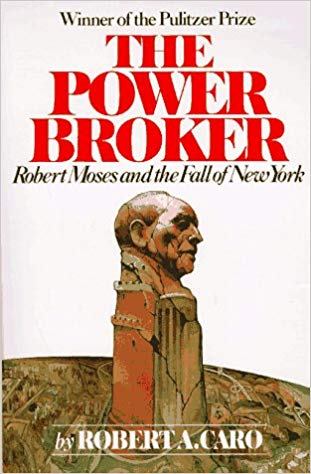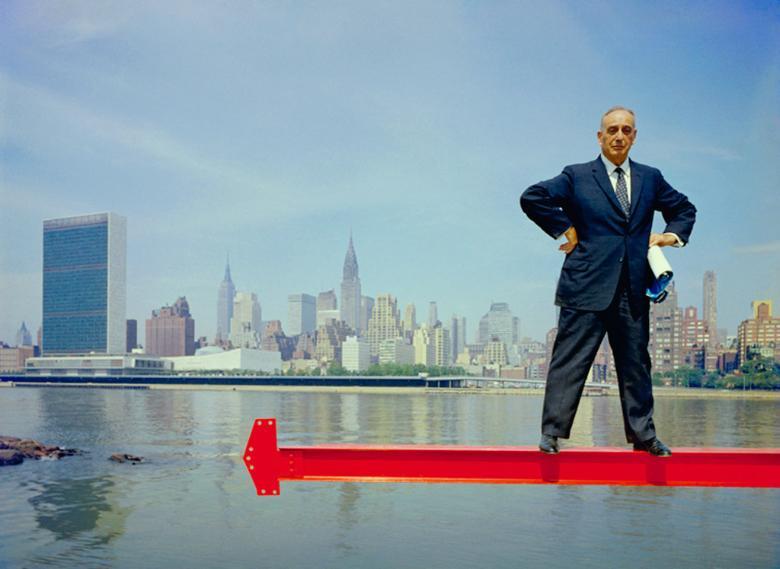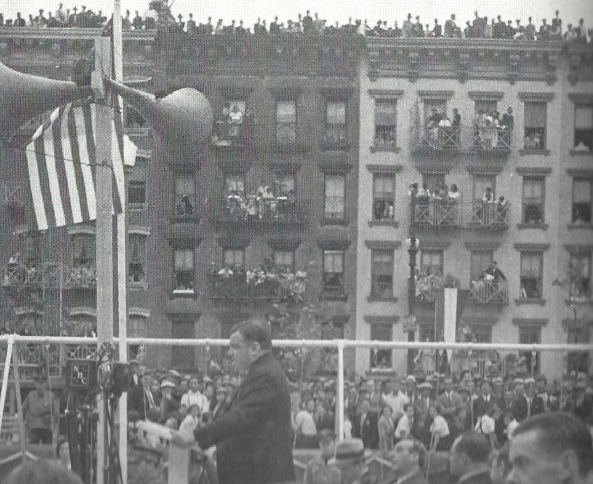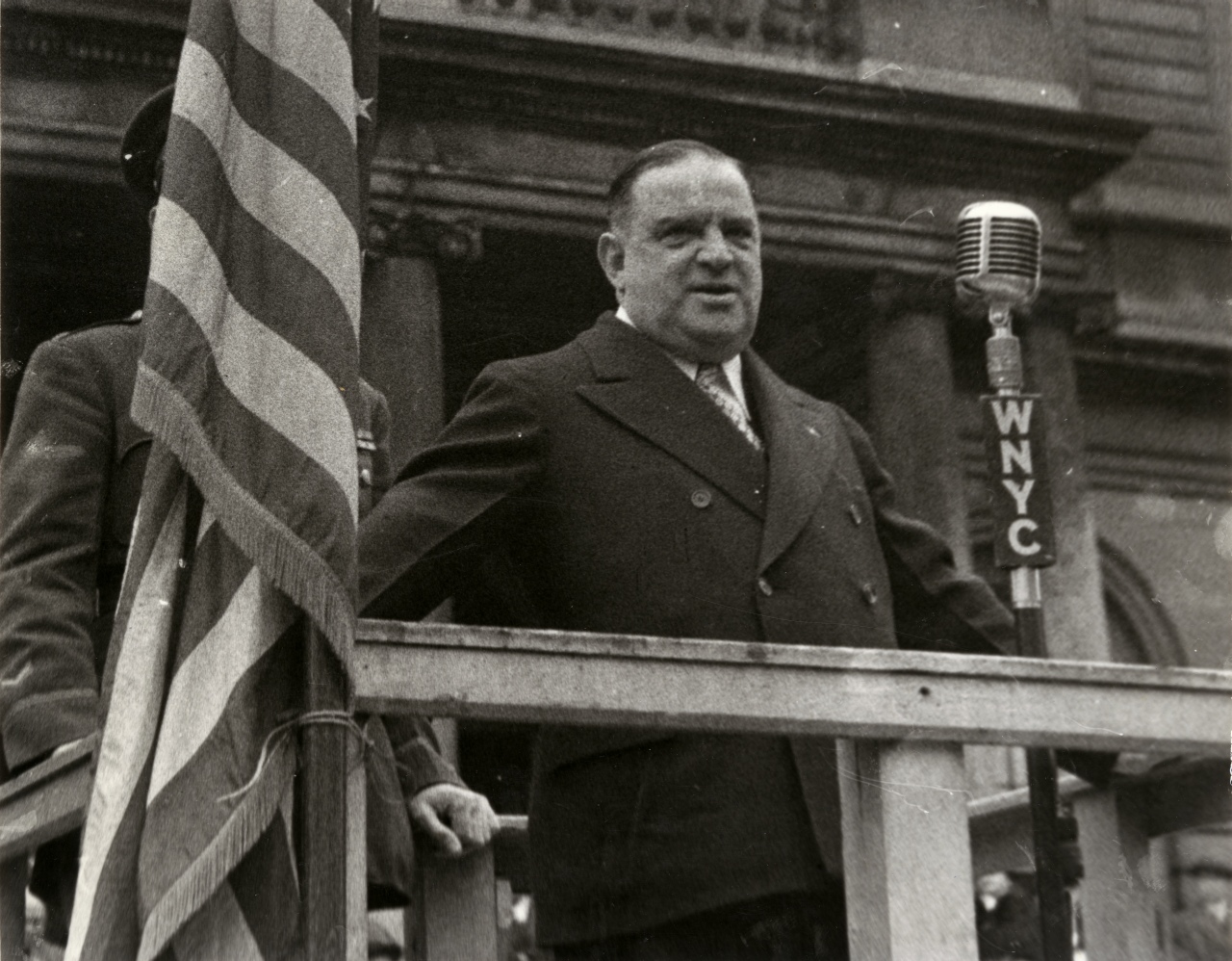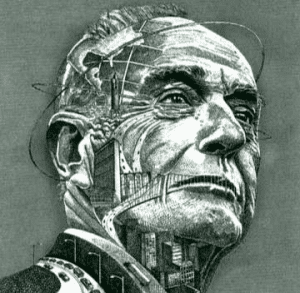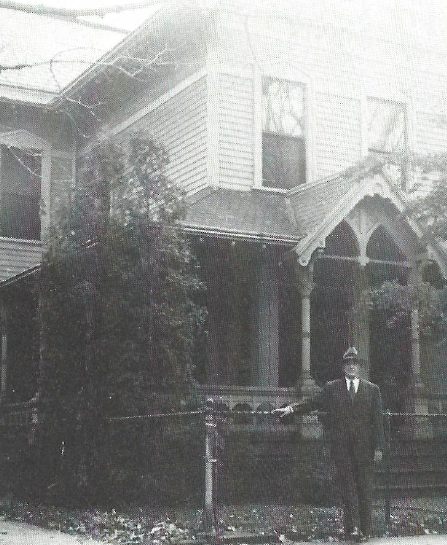Chapter 21 – The Candidate
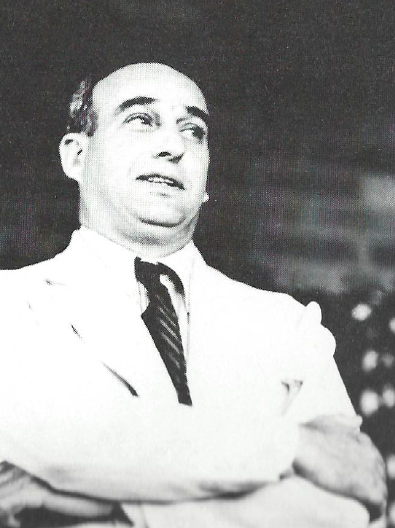
In 1934, Moses started to run for Governor as a Republican. The “old guard” of the GOP, the barons and property owners, hated Roosevelt and were keen to retain power in their hands. They also had a fight within their own party, with the incumbent Macy. At the centre of this was the battle over control of the power utilities; between public and private.
The “old guard” turned to Robert Moses. They shared Moses’s often expressed disdain for the masses and his hatred for the President and the New Deal. In public however, Moses was still seen as a man of the people, which would protect him against Democrat attack. Eventually Moses was nominated for, and accepted, the Republican nomination for Governor. His previous supporters in the press were mystified by Moses’s campaign. He made a number of campaign pledges which pleased both the young and old in the GOP. He then looked towards his ex-Democrat friends for support, but in such an antagonistic way that he alienated them. He also attacked his recent supporters in the press for questioning his closeness to the old guard. He assumed he had La Guardia’s support, and announced it without consulting him. He thus also displeased the Mayor of New York.
Moses refused to play the campaign game; there were no drive-throughs or cocktail parties. He campaigned mainly by press releases. Moses also attempted to deny his Jewish heritage.
He then turned to attack Governor Lehman and his links to Tammany Hall. He called Lehman “weak” and “snivelling.” A previous supporter of Moses, Lehman hit back. He repeated the accusation that Moses was being run by the old guard. He also used the public ownership of the power utilities to get the press and public on his side.
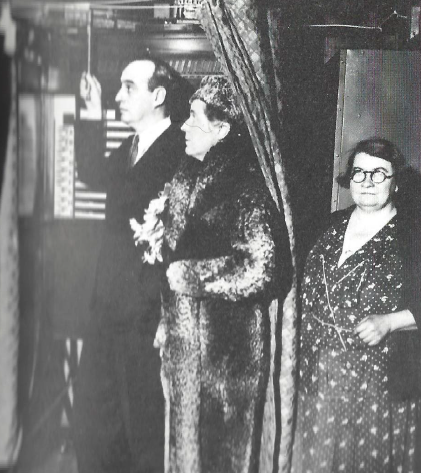
Late in the campaign, Moses went too far and called Lehman a liar, a charge never previously used in campaigns. Moses’s own supporters turned against him saying he was unfit for office. Moses continued to harangue all and sundry, friend and foe. Finally, Al Smith joined the fray. The former Governor respected Lehman and started to campaign for him. He would not actively campaign against Moses but his intervention was crucial. Allied with his alienation of his supporters, Moses’s popularity waned.
At the polls, Moses was heavily defeated, getting less votes than any other candidate in New York State history. The old guard were never again allowed to choose a candidate. Commentators said that it was Moses’s personality and personal attacks that had lost the election. Once the public had seen Moses not as a fighter for parks but as a man in himself, their trust in him had disappeared.
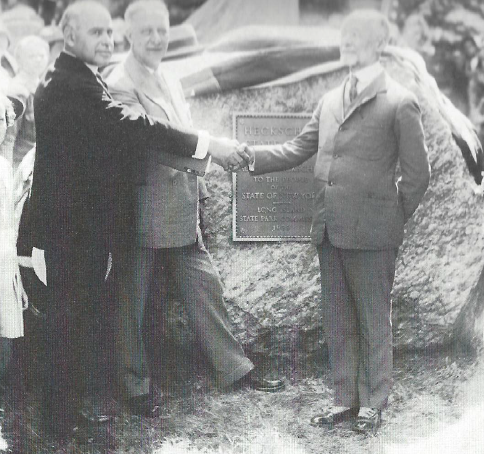
On election night, Moses seemed to disregard the result, saying that we would return to his State Park work. There were moves to remove Moses as Chairman, but Lehman and Smith, despite Moses’s behaviour during the election, continued to support him. However, the shine on Robert Moses had dulled. His arrogance and contempt had been seen by the public and they had not liked what they had seen.
Analysis & Key Takeaways
- Moses team was never explicitly about money for votes. Moses was asking for people to get power. He was not money hungry. Moses was power corrupt; he had the money to be money clean but power corrupt he was for sure.
- Moses was a public servant at his core. La Guardia was an equivocating double talking politician. Duplicitous and conniving;
- On the campaign trail, Moses denied his Judaism during his gubernatorial campaign in 1934 as the Republican candidate. He denied it and even threatened to sue a Jewish publication that claimed Moses as their own. His kids were in Episcopalian school and his Tammany hall friends were of course Catholics;
- Moses was all about road to the parks. And the public focus in elections is on the person; the public didn’t like him because the ends he pushed for. Moses was an intellectual and very arrogant; he did listen to other people. He needed to show himself as smarter; he shunned public appearances’
- Moses attacked Lehman. Lehman was the puppet. Keenan from the Lehman brothers. Moses tried to make up stuff about Lehman. And he tried to link Lehman to high milk prices. Lehman brother was connected to milk prices. Moses lies about control “he did lie about it.” Moses was seen as unfit; too nasty. Jim Farley the Big Bag Man. Wholesale liable. Accused some folks of slick traders and pretending to be civic champion….”he is entitled to all the fun of being an emotional stability.” Moses did not get Alan Smith’s political style and was not able to learn it for the election: “Moses, you know I play this game like a regular” said Al Smith. Moses list both houses and then 35% GOP lost in upstate New York. Sinking of a poor candidate; he was caught in the badness. Republicans lost across the US…Moses’ personality really sucked for the role of actual politician;
- Robert Moses realized that he was not going to get elected and sort to be a permanent civil servant, he wanted to be the locus of corruption (power).
